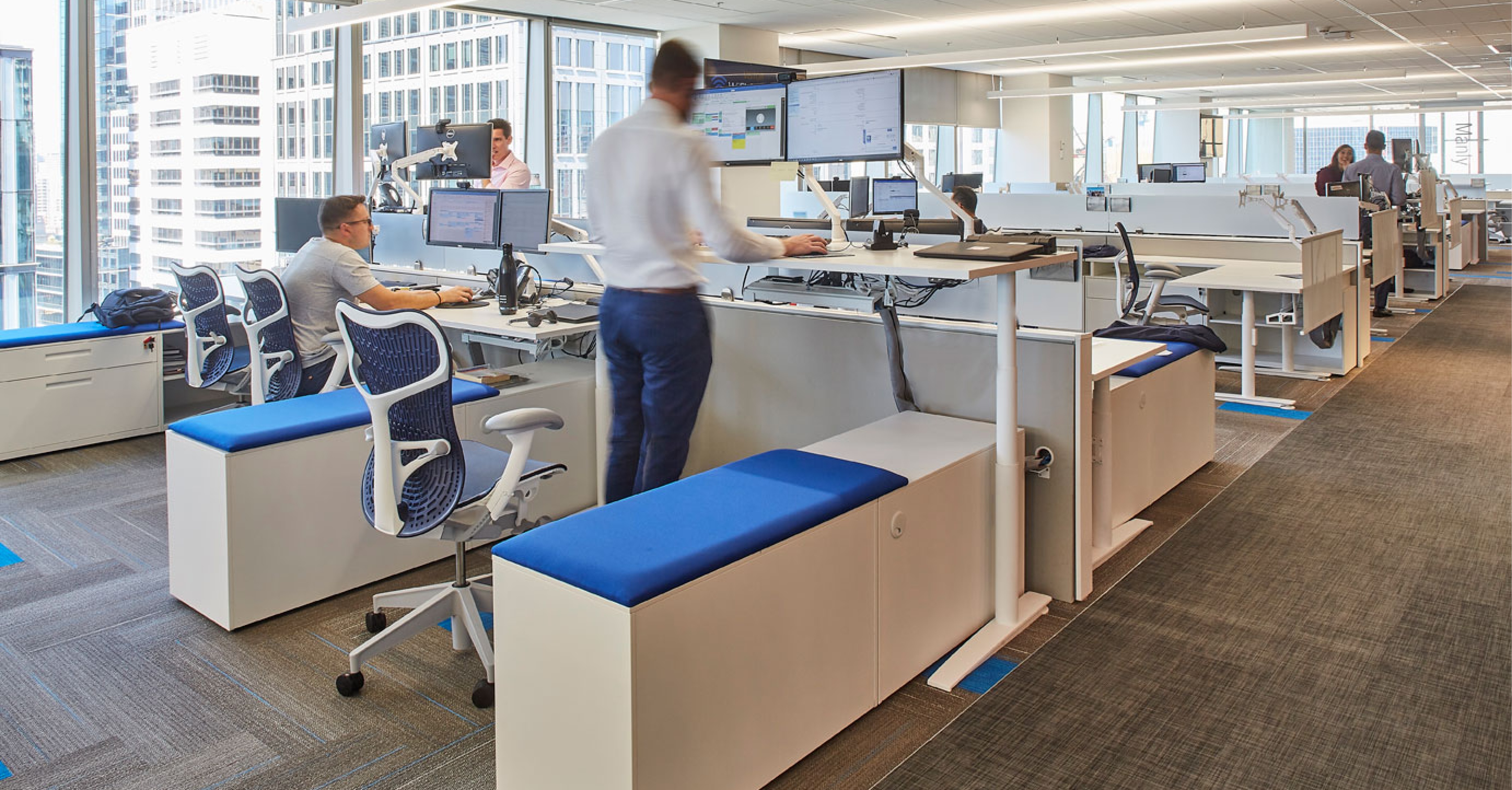Around this time last week my office was evacuated. The old Gold Fields House building next door went up in flames shortly before 9am on Tuesday.
On evacuating we agreed between ourselves (once everyone was accounted for of course) that we were best dispersing to wherever made sense for us, be it the library, home, wherever.
I stayed in town as I didn’t want to miss lunchtime netball and my gear was still in the office.
While waiting behind the police tape, I got talking to a few people.
One lady was desperately hoping the evacuation would cover up her running 30 mins late.
Another lady was just plain peeved. Her manager had her turn down a hard-to-get doctor’s appointment that morning as Tuesday’s in their office are usually busy. The irony.
Another group stood around complaining they couldn’t go and work from home due to ‘policy’.
In all three examples above, it’s clear to me these are low-trust work environments.
So, what’s the business case for high-trust companies? Compared with people at low-trust companies, people at high-trust companies report: 74% less stress, 106% more energy at work, 50% higher productivity, 13% fewer sick days, 76% more engagement, 29% more satisfaction with their lives, 40% less burnout. This data was reported in HBR’s 2017 article, The Neuroscience of Trust by Paul J. Zak.

Our workplace is high-trust and I’m happy to share 5 simple things that work for us which any company could immediately implement
1. Start with policy – Feel welcome to plagiarise a key line from our Activity Based Working (ABW) Policy: “At Amicus we reward to get a job done, not for clock watching”. How policies are written say everything about trust levels in your workplace
2. Give people discretion in how they do their work – We know this works in our workplace and Paul J. Zak validates this “being trusted to figure things out is a big motivator as further validated by a Citigroup and LinkedIn survey that found that nearly half of employees would give up a 20% raise for greater control over how they work.”
3. As an employee, deliver results - Stephen M.R. Covey’s Speed Of Trust specifies“Establish a track record of results. Get the right things done. Make things happen. Accomplish what you’re hired to do. Be on time and within budget. Don’t overpromise and under deliver. Don’t make excuses for not delivering.” It’s a no brainer, trust is a two-way street. On the employee side, the road of building trust is through the delivery of results
4. Communication – Everyone. Every day. Every way. Leaders communicating objectives (and clearly) so employees are set up for success on what they need to deliver. Employees communicating how they are tracking, where they are gaining progress and where they’re coming up against roadblocks. It’s 2018 and we have phones, video conferencing, email, text and so forth. No real excuses to not communicate.
5. Leave out loud - PepsiCo chief executive Robbert Rietbroek promotes staff (especially Leaders) to Leave out loud “the goal is to reduce "presenteeism", because if you are “younger or more junior, you need to be able to see your leaders go home, to be comfortable to leave”. We do this at Amicus. No commando rolls down the hall way for us at home time, even when home time is 3pm.
Most of the articles on workplace flexibility focus on the business case for working from home i.e. Increased productivity, Less stressed employees, Decreased absenteeism, Healthier and happier employees and Cost savings. There isn’t as much published on the importance (and benefits) of Trust.
While waiting behind the police tape and talking to a few people, it highlighted to me how many intelligent adults there are in the workforce that are being policed for crimes they haven’t yet committed. So, it makes me wonder: What would happen if their minds weren't focused on panicking when running a little late, or stressing over how to see a doctor. What if they could just simply do their jobs and join the working world of people who are simply trusted to get a job done?
*First published on Zoe Sharan's LinkedIn
Sydney
Level 10, 2-4 Bulletin Place
Sydney NSW 2000
Phone: 1300 360 877
Melbourne
Level 2, 517 Flinders Lane
Melbourne VIC 3000
Phone: 1300 360 877
Brisbane
Level 8, 344 Queen Street
Brisbane QLD 4000
Phone: 1300 360 877
Amicus QLD Contracting Pty Ltd
QBCC Licence No: 15240138